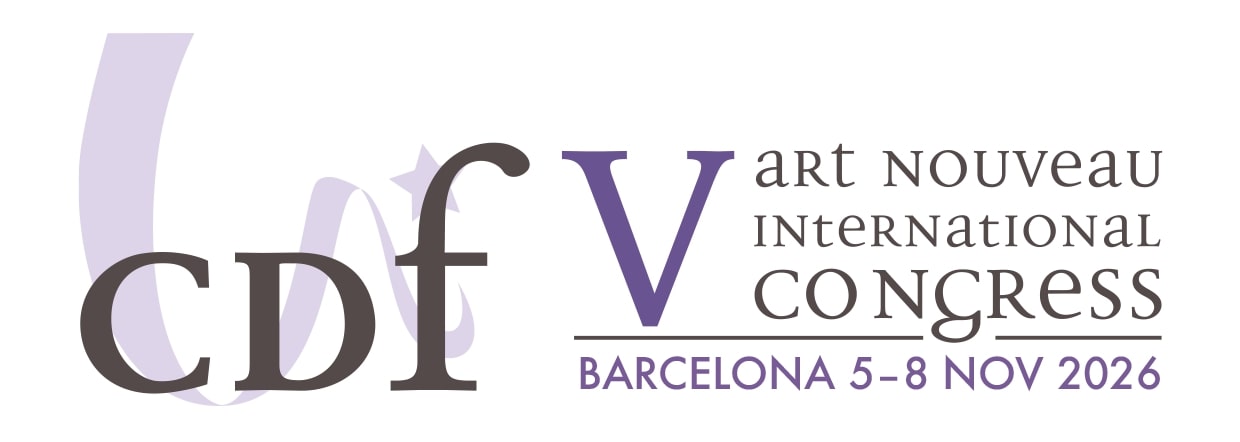Although he is prior to the Modernista current, he is a major figure in this connection, as he was a driving force in setting up choral societies in Barcelona and an important forerunner of later cultural movements, including Modernisme.
His musical and cultural concerns arose out of the skills conveyed to him by his mother, which enabled him, at a time when his family was going through a bad economic patch, to earn a living playing in the cafés and bars of Barcelona, first as a violinist and then as a guitarist.
He soon became involved in Barcelona politics and joined the Republican Party. During this period he began learning the violin and music theory.
As the main driving force behind the choral societies, his intention was to transform working class society by giving workers an artistic and moral education. In 1845 he set up the highly successful Aurora (Dawn) group, which sang his compositions and is regarded as the forerunner of the subsequent choral societies. A few years later, in 1850, he founded La Fraternidad (The Fraternity), which was to change its name to Euterpe, while at the same time he collaborated with other choirs by writing songs for them.
In 1847 he published a large number of the songs and pieces he had composed for these choral societies and a few years later, in 1850, he composed the operetta Paco Mandria y Sacabuches (Paco Mandria and Sackbuts) and wrote a treatise on orchestration entitled Música (Music).



 Musician and politician
Musician and politician


